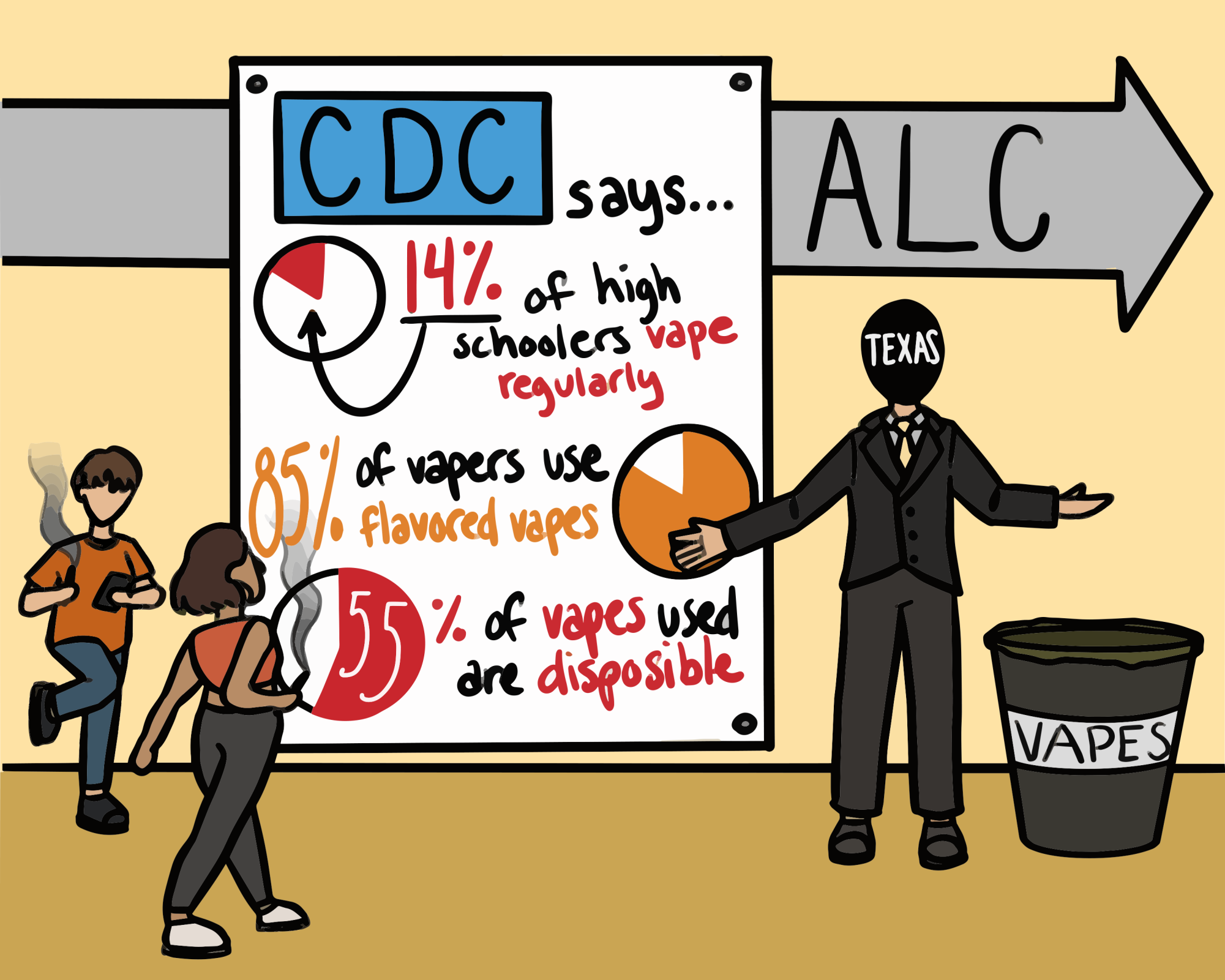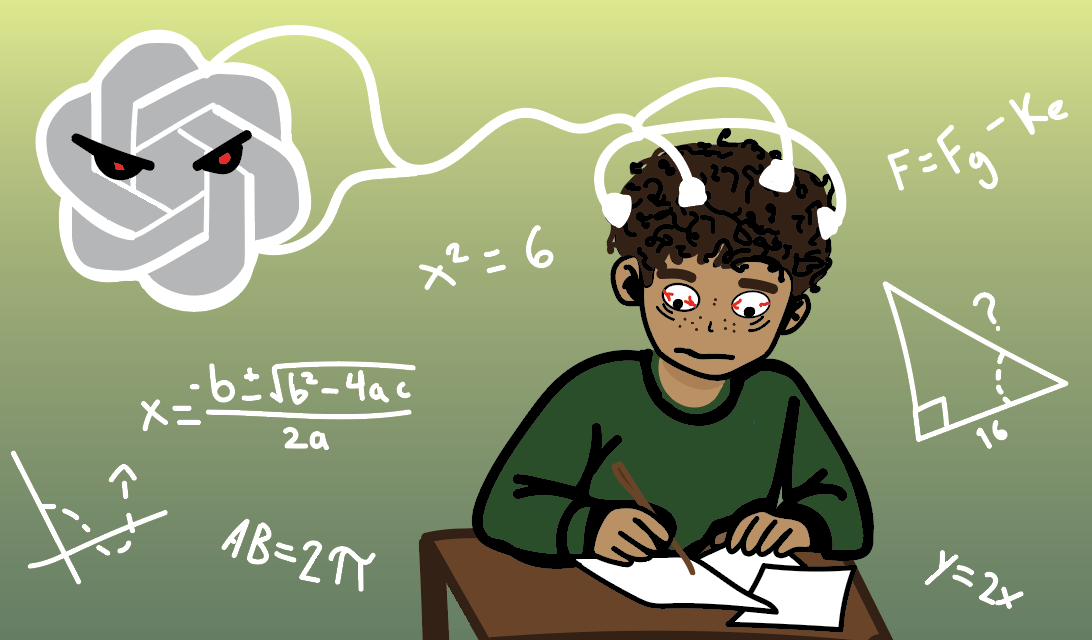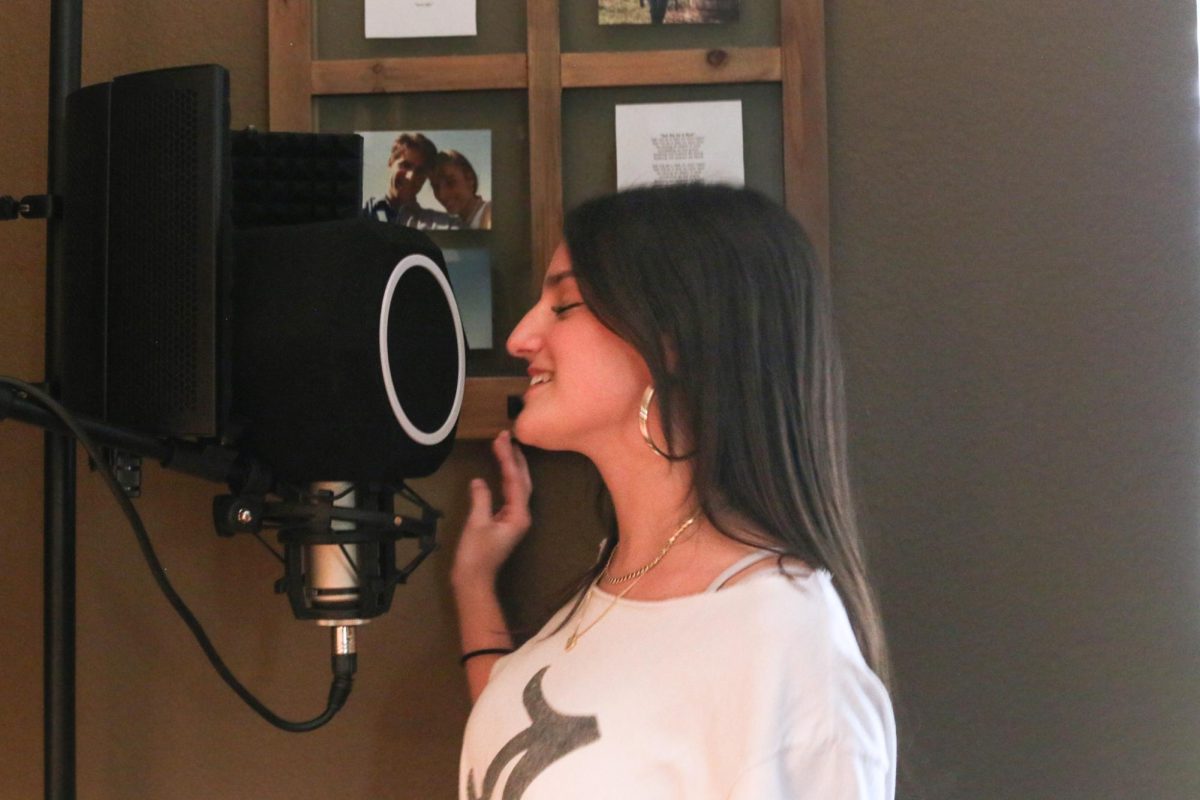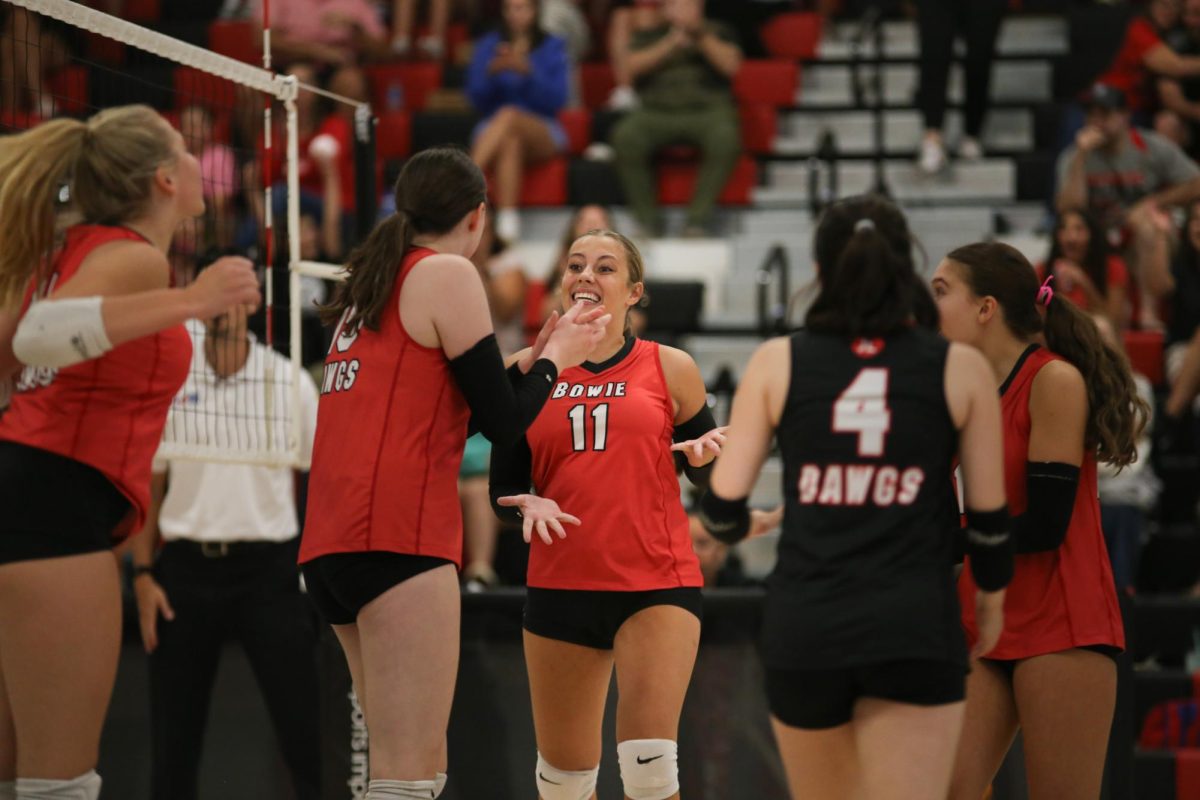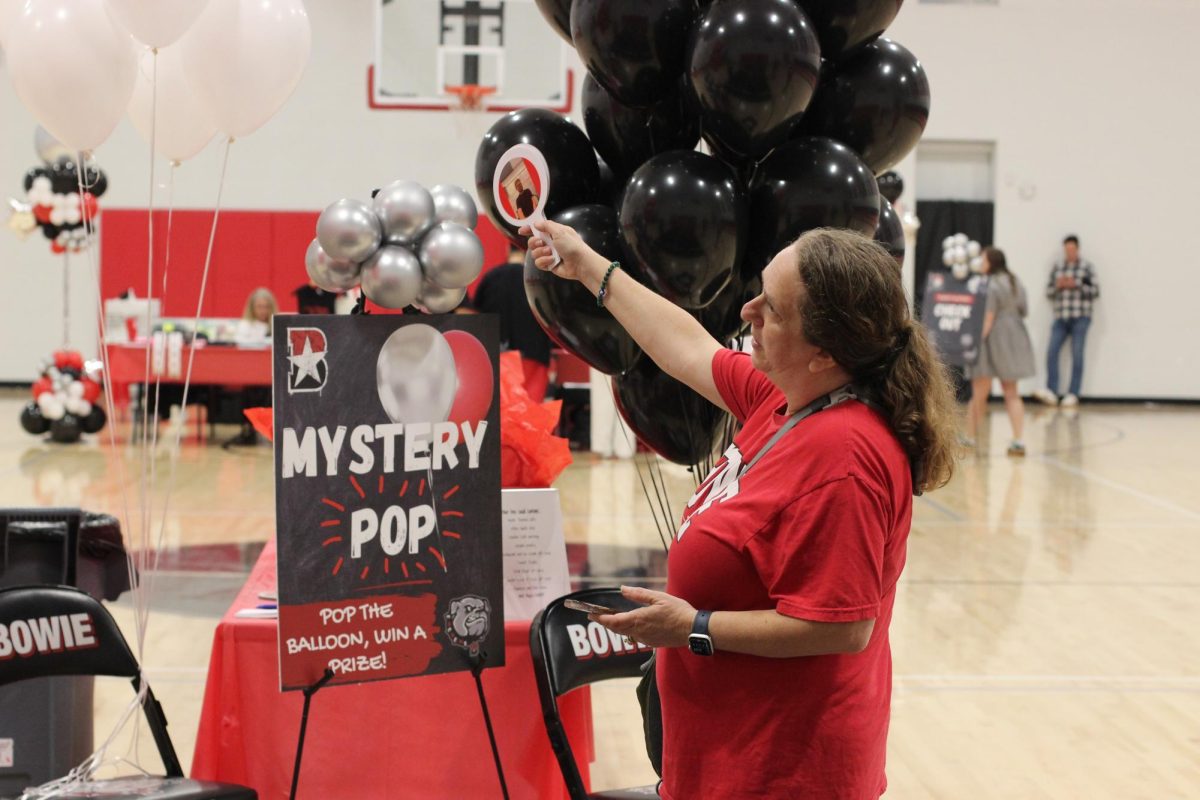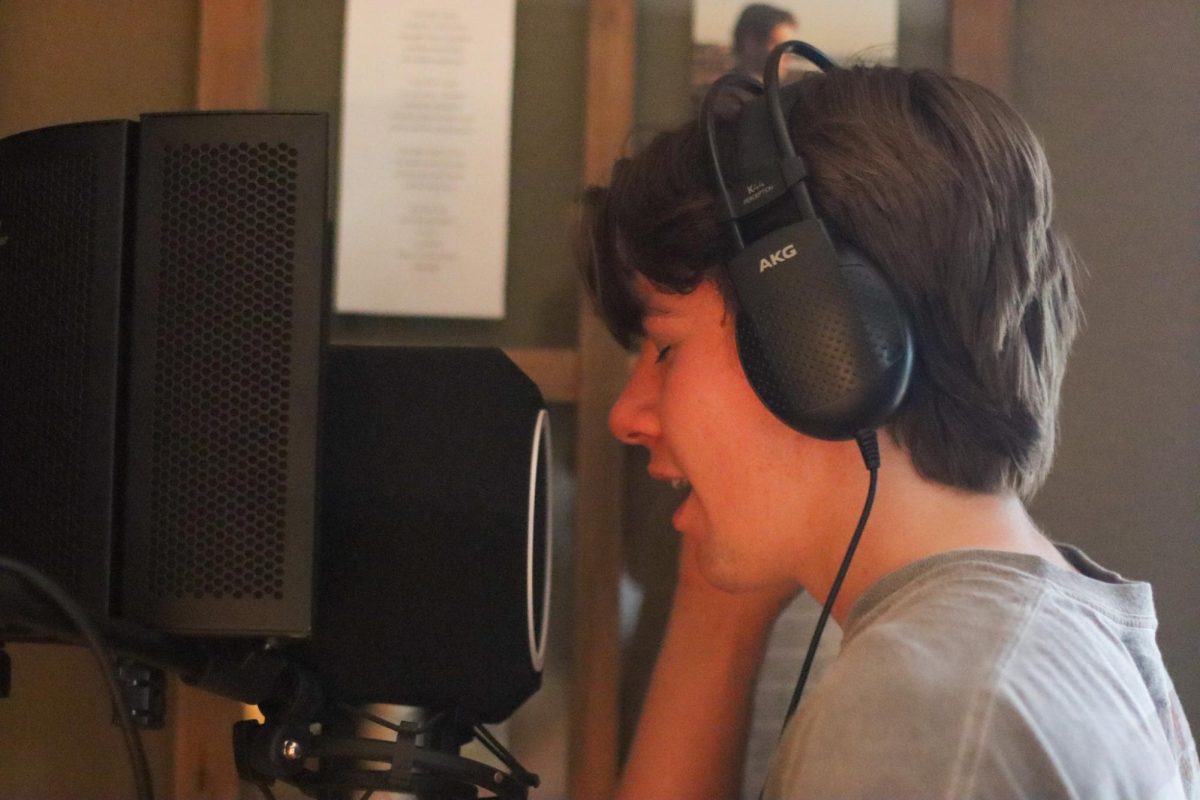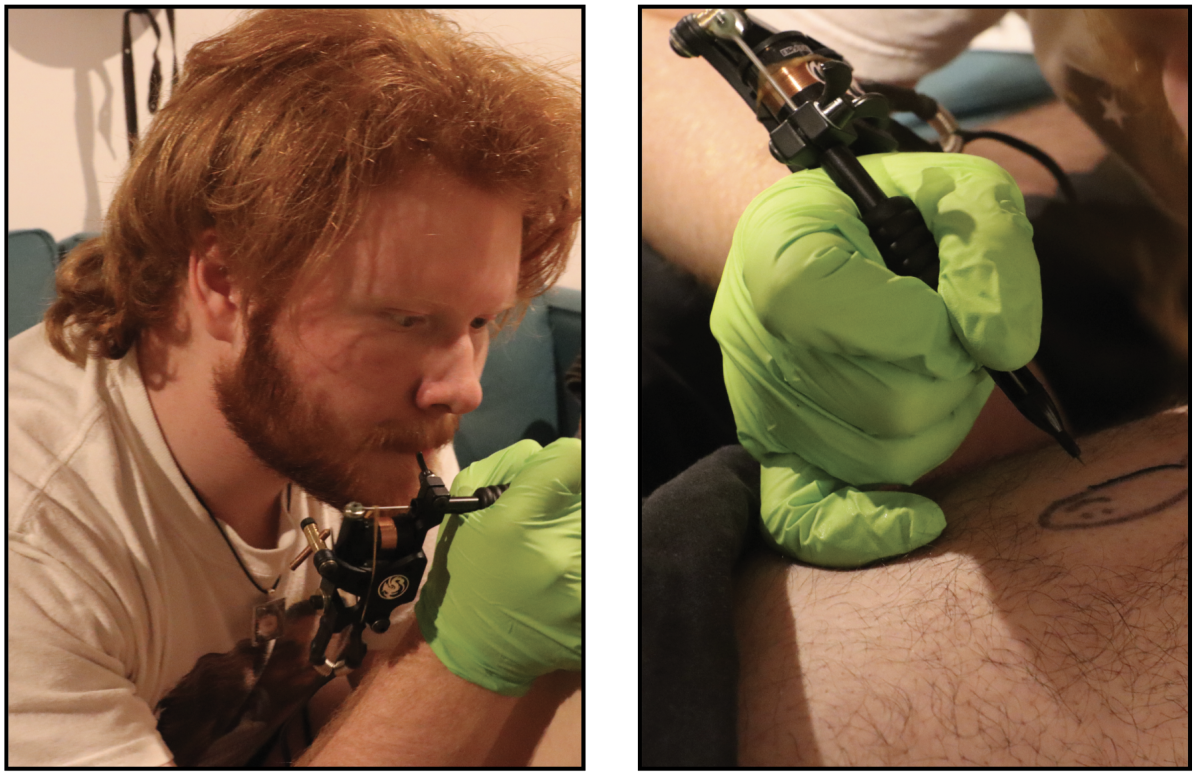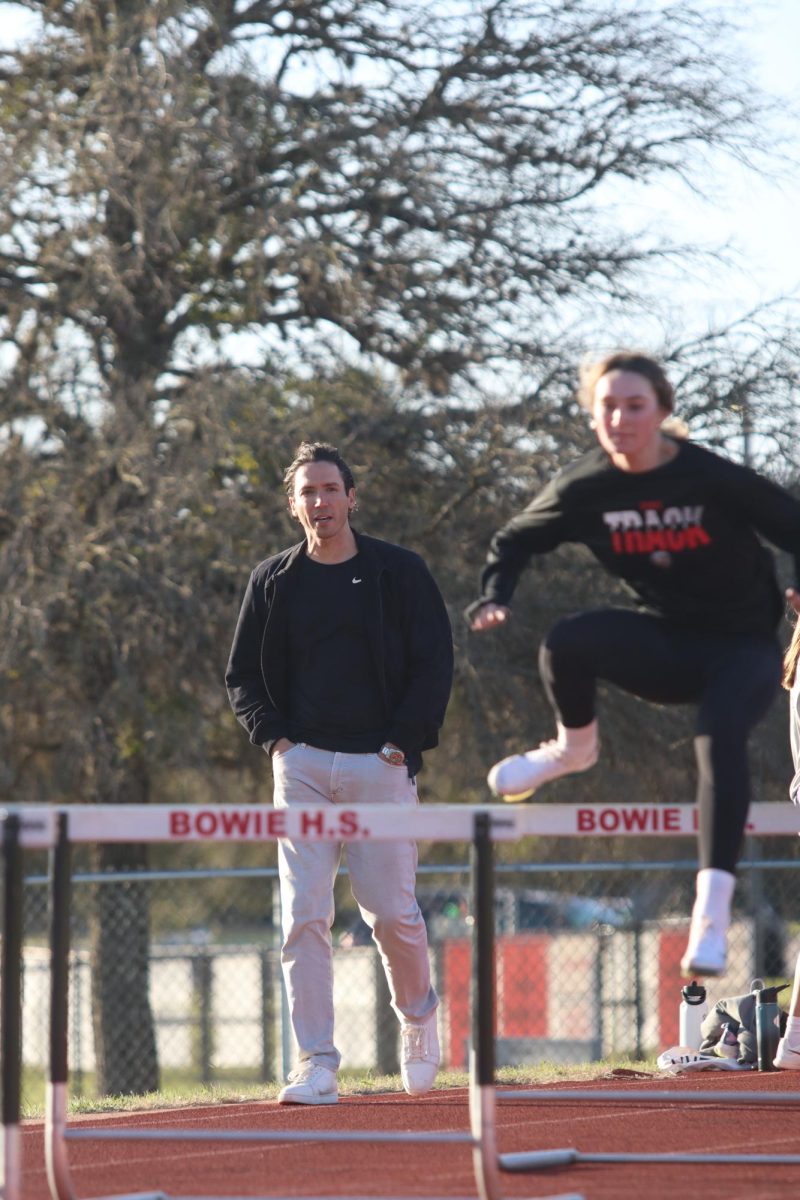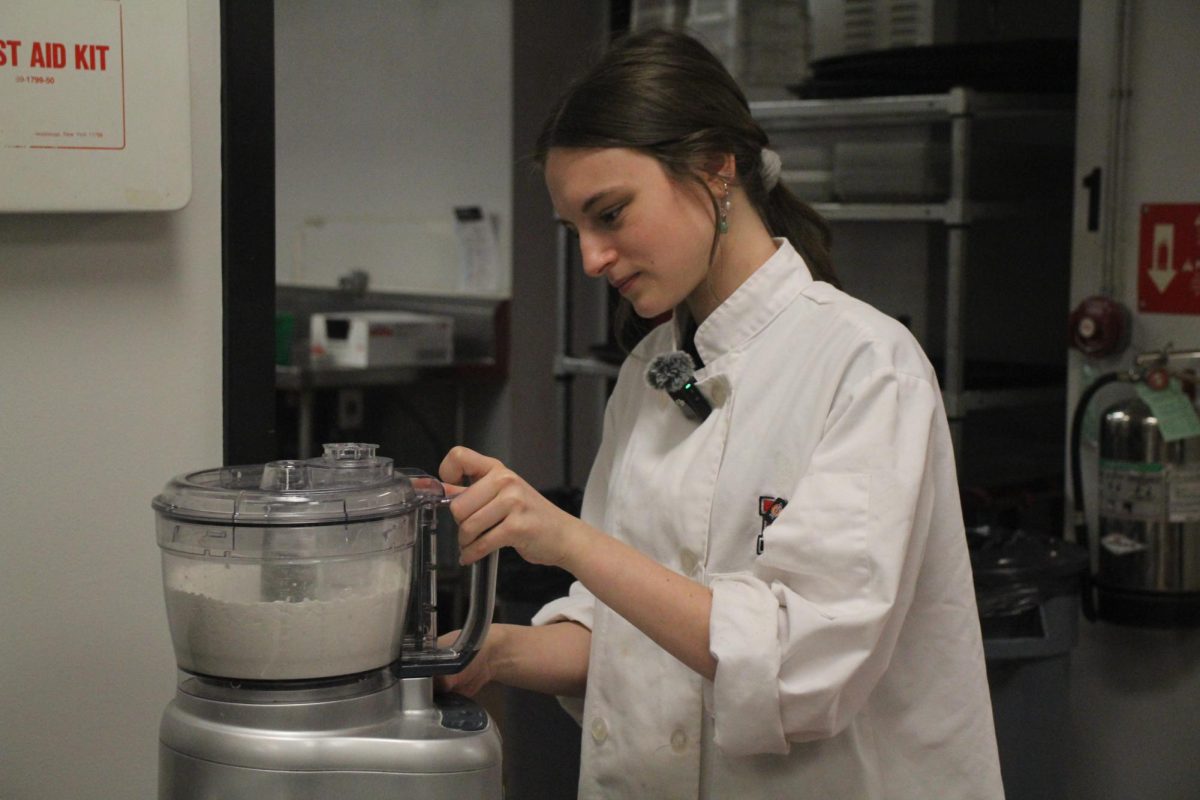With the start of the new school year, there have been numerous changes to student life. An important one being a new bill surrounding various vape products. This law, House Bill 114 (HB114), went into effect on September 1, although many school districts, including AISD, began enforcement on the first day of school.
HB114 requires teachers and staff members to report students caught with vape products. If they see students on campus or at school-related events with vapes or cannabis (THC) products, they are legally required to report those incidents.
“The new laws on vape products, specifically including nicotine as one of the offending substances, is absolutely appropriate,” geography teacher Matthew Parente said. “One of the challenges for young people is that they don’t realize you do not have a fully formed brain until you are 25, sometimes even late 20s or early 30s. To experiment with highly addictive things, such as nicotine; you just don’t know how you will react, and you don’t have that executive function yet to figure it out.”
HB114 redirects students into a District Alternative Education Program (DAEP) if they are caught under the influence on or near campus. They will also be sent to a DAEP for selling and delivering addictive products on, or around, campus.
“I don’t think students should be sent to ALC, because there are kids there for bringing guns and knives to school rather than vapes,” senior Susan Fry* said. “There’s such a fine line. There’s a huge difference between the two allegations, and I think they should give the kids an opportunity to learn from their mistakes.”
Before HB114 was passed into law, students were sent to in-school suspension (ISS) and detention for being caught with vapes or e-cigarettes, but sent to ALC for 10 days for having marijuana or THC substances.
“According to state law, any student in any Texas public school district is required to be sent to ALC if they are caught with a tobacco vape or electronic vape,” vice principal Hector Munoz said. “It’s a state law. So, it’s something that’s out of the Bowie administration’s hands.”
Students sent to ALC are removed from their traditional high school learning experience for their illicit actions, such as misbehavior and not following specific school rules and policies. Many students sent to ALC have expressed they fall behind because of the “poor” learning program.
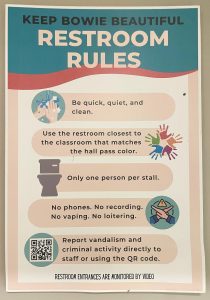
“One of my friends went to ALC for the first week of school and said, ‘ALC doesn’t really teach you that much there. It’s really just an easy 100,’” Fry* said. “So, if you want kids to learn and focus, how do you expect them to do that by putting them in a place where they don’t get the education they need? I think it sets the kids back more by sending them to ALC.”
Since the introduction of vapes and e-cigarettes in 2003, they have gained world popularity from advertisements in social media sites and television advertisements. Because it is more common for young teenagers to become addicted to nicotine, many marketing companies take advantage of that. Studies produced by the National Library of Medicine show that these advertisements have selectively been aimed at younger audiences to attract a longevity of customers for the company’s profit.
“I have two younger sons, and when they were in high school, their friends were using vapes and nicotine and a number of the different things that kids are getting access to. It’s complicated, and it’s difficult to have those conversations with high school students,” Parente said. “The kids feel like they’re experimenting or exploring. I get that, but at the same time, they cannot understand the full implications of it. And that’s where things are, you have to have that level of trust in order to have this conversation with students.”
According to the National Library of Medicine, addiction is most common at 18-20 years of age. In terms of minors, according to the Tobacco-Free Kids report, out of 332 youths who had used tobacco, 40% had reported symptoms of addiction. Over the past 25 years, Truth Initiative states that, out of 100 people attempting to quit nicotine “cold turkey,” only three to five of them will withstand longer than six months sober.
“You don’t know what you’re putting in your body. We’ve had instances in the past where a student’s first hit of a vape triggers a chemical imbalance, or a reaction, and then they’re seizing, or having a medical emergency,” Munoz said. “And next we’re responding to something and we don’t know exactly what’s happening, because the kids will never admit to it or they’re too incapacitated to let us know.”
Around Bowie are flyers and signs that direct students to a variety of resources for those wishing to quit using vapes and nicotine. There are also many online sites such as “Truth” and “American Lung Association” that students can access on their devices.
“Mental health is another aspect, because a lot of the kids that are vaping or getting high every day do it to get through class. That’s not a sign of, ‘Oh, they’re being a teen’, that’s a sign that they need serious help,” Fry* said. “Instead of helping them, this bill is turning these kids, who are obviously struggling mentally, and punishing them for trying to find a way to cope. It isn’t the best way to go about solving the issue at hand.”
*Some names have been changed to protect the anonymity of the student.


